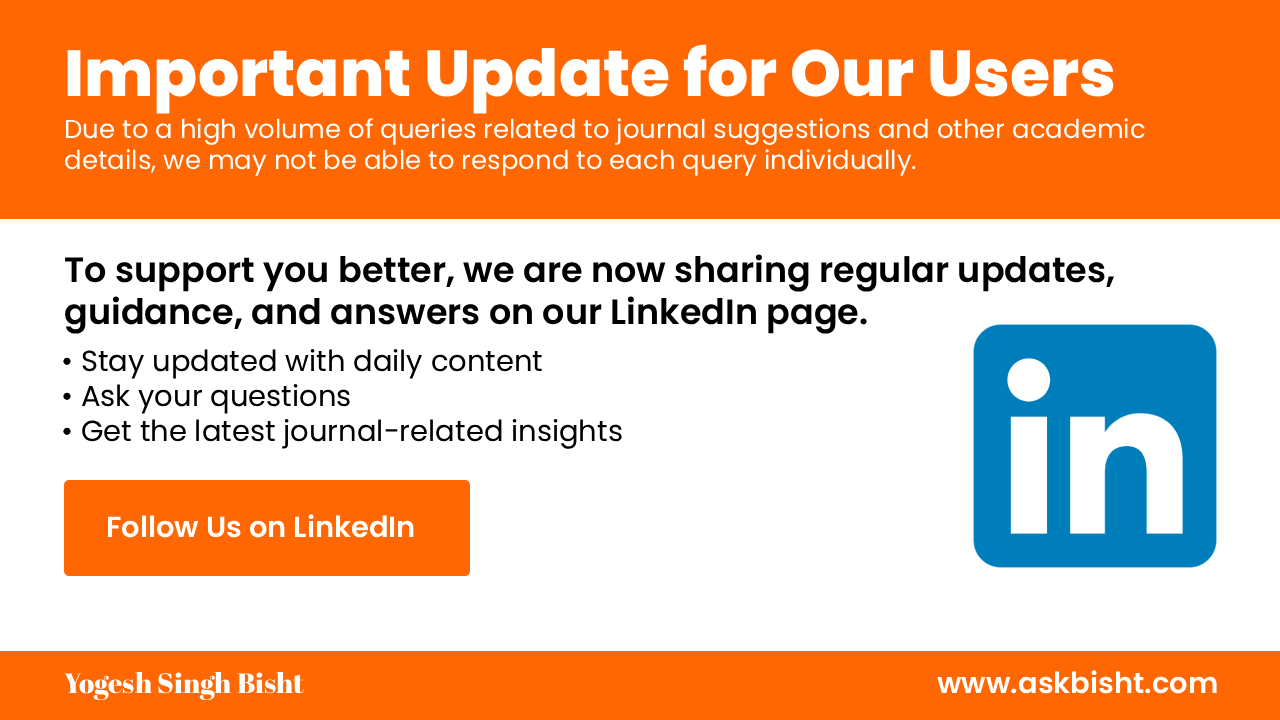African Journalism Studies
Published by Taylor & Francis (Journal Finder)
ISSN : 2374-3670 eISSN : 2374-3689
Abbreviation : Afr. Journal. Stud.
Aims & Scope
Accredited by the South African Department of Higher Education and Training for university research purposes African Journalism Studies subscribes to the Code of Best Practice for Peer Reviewed Scholarly Journals of the Academy of Science of South Africa.
African Journalism Studies ( AJS) aims to contribute to the ongoing extension of the theories, methodologies and empirical data to under-researched areas of knowledge production, through its emphasis on African journalism studies within a broader, comparative perspective of the Global South.
AJS strives for theoretical diversity and methodological inclusivity, by developing theoretical approaches and making critical interventions in global scholarly debates.
The journal's comparative and interdisciplinary approach is informed by the related fields of cultural and media studies, communication studies, African studies, politics, and sociology.
The field of journalism studies is understood broadly, as including the practices, norms, value systems, frameworks of representation, audiences, platforms, industries, theories and power relations that relate to the production, consumption and study of journalism.
A wide definition of journalism is used, which extends beyond news and current affairs to include digital and social media, documentary film and narrative non-fiction.
View Aims & ScopeMetrics & Ranking
Impact Factor
| Year | Value |
|---|---|
| 2025 | 1.8 |
| 2024 | 1.10 |
Journal Rank
| Year | Value |
|---|---|
| 2024 | 7994 |
Journal Citation Indicator
| Year | Value |
|---|---|
| 2024 | 161 |
SJR (SCImago Journal Rank)
| Year | Value |
|---|---|
| 2024 | 0.707 |
Quartile
| Year | Value |
|---|---|
| 2024 | Q1 |
Impact Factor Trend
Abstracting & Indexing
Journal is indexed in leading academic databases, ensuring global visibility and accessibility of our peer-reviewed research.
Subjects & Keywords
Journal’s research areas, covering key disciplines and specialized sub-topics in Social Sciences, designed to support cutting-edge academic discovery.
Most Cited Articles
The Most Cited Articles section features the journal's most impactful research, based on citation counts. These articles have been referenced frequently by other researchers, indicating their significant contribution to their respective fields.
-
An Exploratory Study of “Fake News†and Media Trust in Kenya, Nigeria and South Africa
Citation: 123
Authors: Herman, Dani
-
#ThisFlag and #ThisGown Cyber Protests in Zimbabwe: Reclaiming Political Space
Citation: 60
Authors: Simbarashe
-
“Fake News†and Cyber-Propaganda in Sub-Saharan Africa: Recentering the Research Agenda
Citation: 49
Authors: Admire, Hayes Mawindi, Dumisani
-
When the subaltern speaks: citizen journalism and genocide ‘victims’’ voices online
Citation: 43
Authors: Shepherd
-
Artificial Intelligence and Journalism: An Agenda for Journalism Research in Africa
Citation: 42
Authors: Ammina, Sally Ann
-
Pictures, Protests and Politics: Mapping Twitter Images during South Africa’s Fees Must Fall Campaign
Citation: 39
Authors: Tanja, Bruce
-
Visibility without voice: Media witnessing irregular migrants in BBC online news journalism
Citation: 34
Authors: Karina
-
Social Media and Elections in Ghana: Enhancing Democratic Participation
Citation: 32
Authors: Wilberforce S.
-
Politics Unusual? Facebook and Political Campaigning during the 2013 Harmonised Elections in Zimbabwe
Citation: 31
Authors: Admire
-
Decolonising Digital Media Research Methods: Positioning African Digital Experiences as Epistemic Sites of Knowledge Production
Citation: 30
Authors: Alette, Hayes Mawindi, Tanja, Harry
